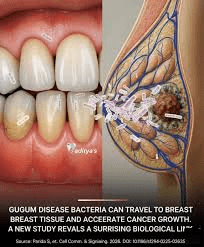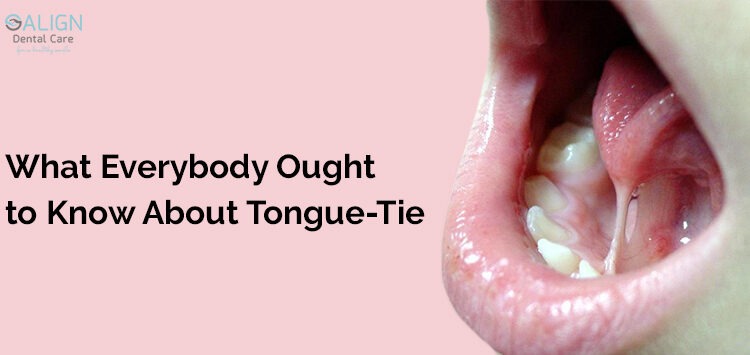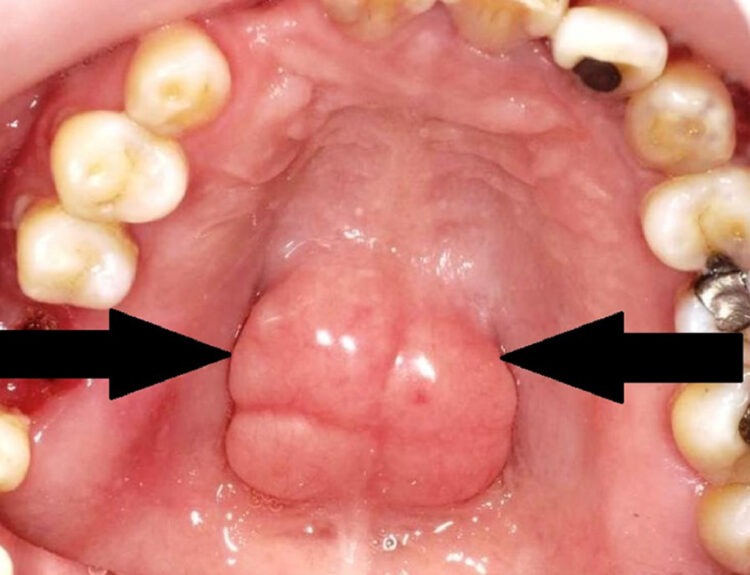The dietary choices, eating habits and oral hygiene practices developed in childhood play an important role in shaping long-term dental and oral health. Habits established early in life tend to persist into adulthood, meaning that fostering good routines from a young age can lead to lasting oral health benefits.
Childhood is a susceptible period for tooth decay. Frequent consumption of sugary drinks and snacks can lead to incipient tooth decay and subsequent irreversible cavitation if not addressed early. Switching to healthy diet is mandatory for healthy mouth. A diet rich in calcium, phosphorus, and vitamins during childhood is essential for developing strong teeth. These building blocks lay the groundwork for lifelong dental health.
Early establishment of good oral hygiene practices sets the stage for a lifetime of healthy teeth and gums. On the contrary, poor childhood oral health, not only increases the risk of developing dental and periodontal problems and eventual tooth loss in adulthood but also enhances absenteeism from school or workplace.
Absenteeism due to dental problems has significant negative consequences for children as well as adults. For children, dental pain and discomfort can impair concentration, leading to missed learning and potentially impacting academic performance. In adults, such discomfort can hinder job performance, reducing productivity and increasing the risk of errors. Ultimately, this impacts individuals through lost remunerations and businesses through reduced output.
Inculcating good eating habits and dentalcare customs in childhood, therefore, becomes necessary for their oral and general well-being.
Developing good eating habits
Children learn by example, especially when it comes to food. Therefore, it is essential for parents to model healthy eating habits by consuming a balanced diet themselves. From infancy, they should introduce a variety of nutritious foods like fruits, vegetables, whole grains, and lean proteins. Making mealtimes fun, offering colorful fruits and vegetables, and exploring creative recipes, play a positive role in promoting healthy eating habits in childhood. Establishing regular meal and snack times helps prevent constant snacking. Parents should limit kids’ sugary foods and drinks, which harm not only teeth but general health, and instead offer water, milk, or unsweetened beverages. They should also make healthy snacks like nuts and yogurt easily accessible and avoid sticky foods as they can adhere to teeth and encourage plaque buildup.
Developing Oral healthcare habits
- Start Early: Begin cleaning your baby’s gums with a soft cloth even before their first tooth appears.
- Brush Regularly: Brush your child’s teeth twice a day with fluoride toothpaste. Supervise them until they can brush effectively on their own.
- Make it Fun: Use a fun toothbrush, toothpaste flavor, or a song to make brushing more enjoyable.
- Teach Proper Technique: Show your child how to brush in circular motions, reaching all areas of their mouth.
- Use a Mouthguard: If your child participates in sports, ensure he/she wears a mouthguard to protect teeth.
- Regular Dental Checkups: Take your child to the dentist for regular checkups.
For parents, consistency is paramount when it comes to helping children develop healthy habits that will last one’s whole life. Children thrive on routine and predictability, so consistent mealtimes, snack times, and oral care routines help them adopt these practices. If parents are consistent, children learn what to expect and are more likely to accept these habits as their own. Inconsistency, on the other hand, can be confusing and make it harder for them to understand and stick to healthy practices.
It is important to satisfy their queries behind good eating and oral care customs. Kids are naturally inquisitive, and when they understand the benefits, they’re more likely to cooperate. Parents should tailor their explanations to their age and understanding. They must use simple language, similarities, and even stories to make the concepts relevant. Visual aids, like pictures or videos, can be helpful as well.
Positive reinforcement is a powerful tool. Your children will respond well to praise and encouragement. Do recognize their efforts, even small ones, and celebrate their successes. Instead of focusing on what they did wrong, focus on what they did right. Rewards can also be effective, but they don’t always have to be material. A special sticker, extra playtime, or a family movie night can be just as motivating. The key is to connect the reward to the desired behavior so that the child understands the link between their good habits and the positive outcome.
Read our full disclaimer.




